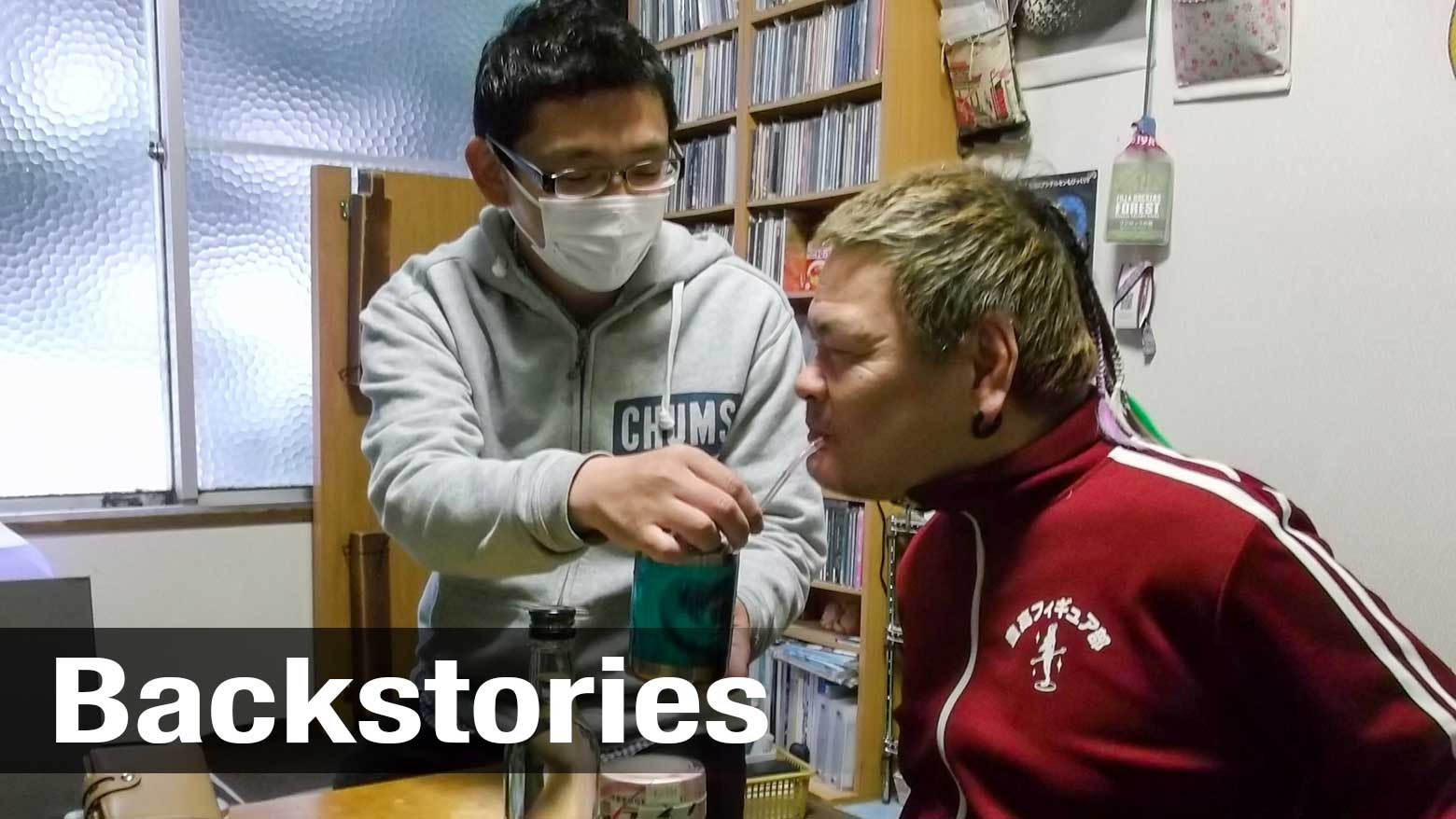Hashimoto is one of the roughly 80 caregivers with a home-care provider that currently offers services to 25 people, most with severe physical disabilities caused by cerebral palsy.
The majority of the service users are in their 60s, 70s and 80s, and tending to one client requires up to four caregivers a day, or almost 30 a week.
Home-care professionals for people with severe disabilities provide help with daily needs, such as preparing food, changing clothes and close-contact personal care.
Preventive measures not enough
Hashimoto has been trying hard to minimize potential exposure to the virus by doing everything he can, such as wearing a mask, taking his temperature every day, and washing his hands thoroughly as often as possible.
However, some tasks -- like suctioning phlegm, bathing people or changing their position in bed -- put him more at risk.
Hashimoto says his job has been increasingly stressful since the virus started spreading, as all his clients are at high risk of developing serious symptoms if they contract the virus.
In addition, caregivers are struggling with a lack of personal protective equipment. They have been reusing government-distributed cloth masks by washing them after each use.
His employer has also been running short of hand sanitizer, prompting it to apply to the Tokyo Metropolitan Government early this month for a preferential right to purchase it -- a request that has gone unanswered.
Services on hold
The welfare ministry says that nationwide 891 welfare service operators for people with disabilities began suspending their businesses in the week through April 19. Most cited the risk of infection and staff shortages as the reason.
Representatives of home-care and other welfare service operators submitted a petition to the government on April 10, asking it to draw up an infection-prevention manual for home-care workers and to preferentially hand out masks and other protective gear to welfare service providers.
They also asked the government to set up a system to grant special benefits to those providing home care to people who have been infected or who have come into close contact with virus carriers.
The representatives include Kojima Misato, who is calling on people to understand that the home-care sector is on the verge of collapse.
Kojima warns that many more home-care providers may shut their doors if the virus continues to spread. She adds that once closed, service operators may not be able to reopen even if the coronavirus is eventually contained.

